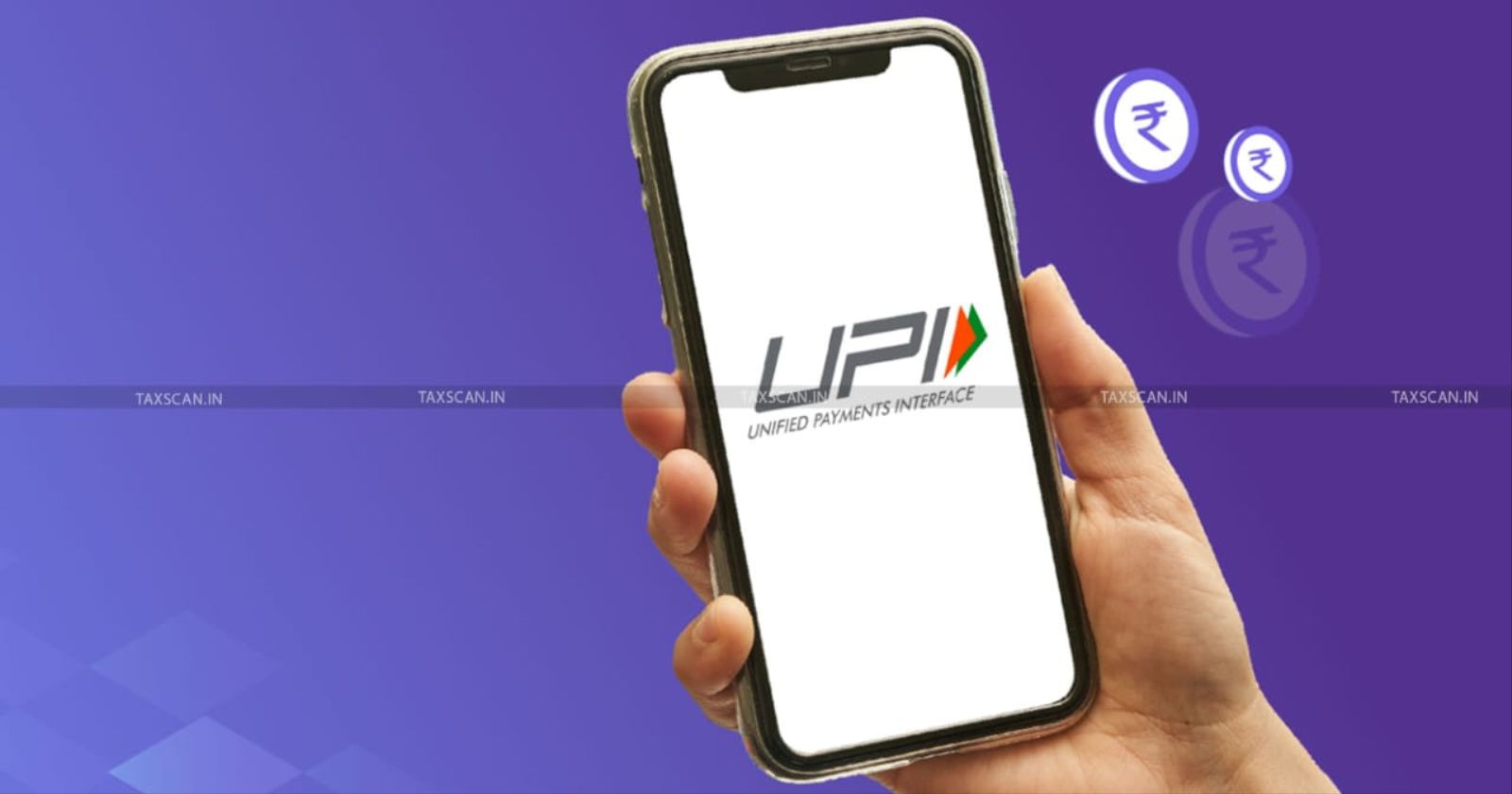New UPI Rule: Banks Must Update Numeric ID Resolution by March 31, 2025
Banks must update Numeric UPI ID resolution by March 31, 2025, as per NPCI’s latest directive

New UPI Rule – Banks Must Update Numeric ID Resolution – New UPI rule 2025 – TAXSCAN
New UPI Rule – Banks Must Update Numeric ID Resolution – New UPI rule 2025 – TAXSCAN
The National Payments Corporation of India (NPCI) has issued a new circular which focuses on changes related to the Numeric UPI ID resolution process. The circular introduces updated compliance measures for banks, payment service providers (PSPs), and UPI applications, ensuring greater security, accuracy, and transparency in India’s digital payment system.
These changes set to take effect from April 1, 2025, stakeholders in the UPI ecosystem must prepare to enhance mobile number resolution mechanisms, prevent transaction errors, and improve fraud detection systems.
Know Practical Aspects of Tax Planning, Click Here
1. Understanding Numeric UPI IDs and the Need for Change
A Numeric UPI ID is a unique number assigned to users for conducting transactions on the Unified Payments Interface (UPI) network. Unlike traditional UPI IDs that use a combination of letters and numbers (e.g., name@bank), numeric UPI IDs are designed for simplified identification and faster transaction processing.
Why is NPCI Implementing These Changes?
- Mobile Number Recycling Issue: Telecom operators frequently recycle deactivated numbers, leading to instances where payments are misdirected due to outdated UPI ID mapping.
- Fraud Prevention: Unauthorized access to old UPI IDs linked to previously owned mobile numbers has led to instances of fraud.
- Reducing Transaction Failures: Improving the accuracy of UPI ID resolution will decrease failed transactions and incorrect fund transfers.
- Improved User Experience: Ensuring that users only receive relevant and non-intrusive messages when updating their UPI IDs.
The new guidelines will help create a secure and efficient environment for UPI transactions.
2. Highlights of NPCI’s Updated UPI ID Resolution Guidelines
NPCI’s addendum introduces several new compliance measures that banks and PSPs must implement before March 31, 2025.
(i) Weekly Updates for Churned Mobile Numbers
- Banks and PSPs must regularly update their records to remove UPI IDs linked to mobile numbers that have been deactivated or reassigned.
- This update must occur at least once every week to prevent users from sending payments to outdated UPI IDs.
- By ensuring accurate mapping, banks can minimize incorrect fund transfers.
(ii) Enhanced Error Reduction Mechanisms
- Financial institutions must implement systems that validate numeric UPI IDs before processing transactions.
- If a UPI ID linked to a churned mobile number is detected, the transaction should either be blocked or require re-verification.
- This step will significantly reduce misdirected transactions caused by incorrect mappings.
(iii) Clear and Transparent User Communication
- UPI apps must ensure that they:
- Avoid misleading or forceful prompts regarding numeric UPI ID updates.
- Do not request unnecessary user consent during transactions.
- Clearly inform users about updates related to UPI ID resolution without causing confusion.
(iv) Seeding and Porting UPI IDs with Transparency
- Users should not be misled into believing they must take unnecessary actions to retain their UPI ID.
- When a UPI ID is transferred or updated, apps must ensure that:
- Users receive clear notifications.
- They are not pressured into reseeding their UPI ID if it is still valid.
(v) Local Resolution of UPI Numbers for Faster Transactions
If NPCI’s central UPI resolution system experiences delays, PSPs are allowed to resolve UPI numbers locally. However, these instances must be reported to NPCI on a monthly basis.
Know Practical Aspects of Tax Planning, Click Here
(vi) Mandatory Monthly Reporting to NPCI
Banks and PSPs must submit a monthly compliance report that includes:
- Total UPI ID seeding counts.
- Active unique UPI users.
- Total Customer Mobile Identifier (CMID) transactions.
- Total transactions resolved locally instead of via NPCI’s system.
3. Implications for Banks, PSPs, and UPI Users
The new guidelines will impact banks, fintech companies, and users, requiring adjustments in how UPI IDs are managed.
(i) Impact on Banks & Payment Service Providers
Increased Compliance Requirements: Banks must frequently clean up their mobile number databases and implement real-time validation mechanisms.
Technical Upgrades Needed: PSPs will need to upgrade their backend systems to align with NPCI’s new resolution mechanisms. They must also integrate fraud detection tools to track suspicious activity.
Faster UPI Number Resolution: The ability to resolve UPI numbers locally will help prevent transaction delays. However, PSPs must maintain detailed logs of local resolutions for NPCI audits.
(ii) Impact on Fintech Companies & UPI Apps
Better User Communication Policies: Apps must avoid intrusive notifications regarding UPI ID updates. NPCI has strictly instructed that no unnecessary consent prompts should appear during transactions.
Stronger Fraud Prevention: By ensuring that churned mobile numbers are removed from the system, fintech companies can prevent fraud linked to old UPI IDs.
Compliance-Driven Reporting: Monthly reporting will increase accountability, requiring UPI apps to maintain detailed transaction records.
Know Practical Aspects of Tax Planning, Click Here
(iii) Impact on UPI Users
Lower Risk of Misrouted Transactions: Users will no longer face situations where payments are sent to a recycled mobile number belonging to someone else.
Clearer UPI ID Management: Users will receive accurate notifications when their UPI ID needs reseeding. They won’t be forced into unnecessary UPI ID updates.
Greater Transparency in Payment Apps: UPI apps will provide non-intrusive alerts about changes, ensuring a seamless experience.
Support our journalism by subscribing to Taxscan premium. Follow us on Telegram for quick updates


